BA (Hons)
Dance Education
Diploma of Higher Education:
Dance Education
Certificate of Higher Education:
Dance Education
- Programme summary
- Programme breakdown
- Entry requirements
- Programme fees
- Student voices
-
Duration
1–3 years full-time
2–6 years part-time -
Apply by
Full-time 29 Jan 2025
Part-time 30 April 2025 -
Location:
Distance learning -
Application
Full-time via UCAS**
Part-time via Registry, Faculty of Education, RAD
**Applicants looking to enter directly into Level 5 please apply via Registry.
-
Start
September 2025 -
Language
English -
Level/Credits
Level 4 Certificate (120 credits)
Level 5 Diploma (240 credits)
Level 6 Degree (360 credits)
This programme offers the opportunity to become part of an international online community of learners engaged in the study of dance education and teaching.
The BA (Hons) Dance Education programme is studied either full-time or part-time as your circumstances dictate. You can choose to study at certificate, diploma or degree level.
As a distance learner, you will be able to study from home, with access to a rich variety of online study materials, workshops, individual and group tutorials. You will receive personalised feedback on your work from our dedicated team of specialist tutors.
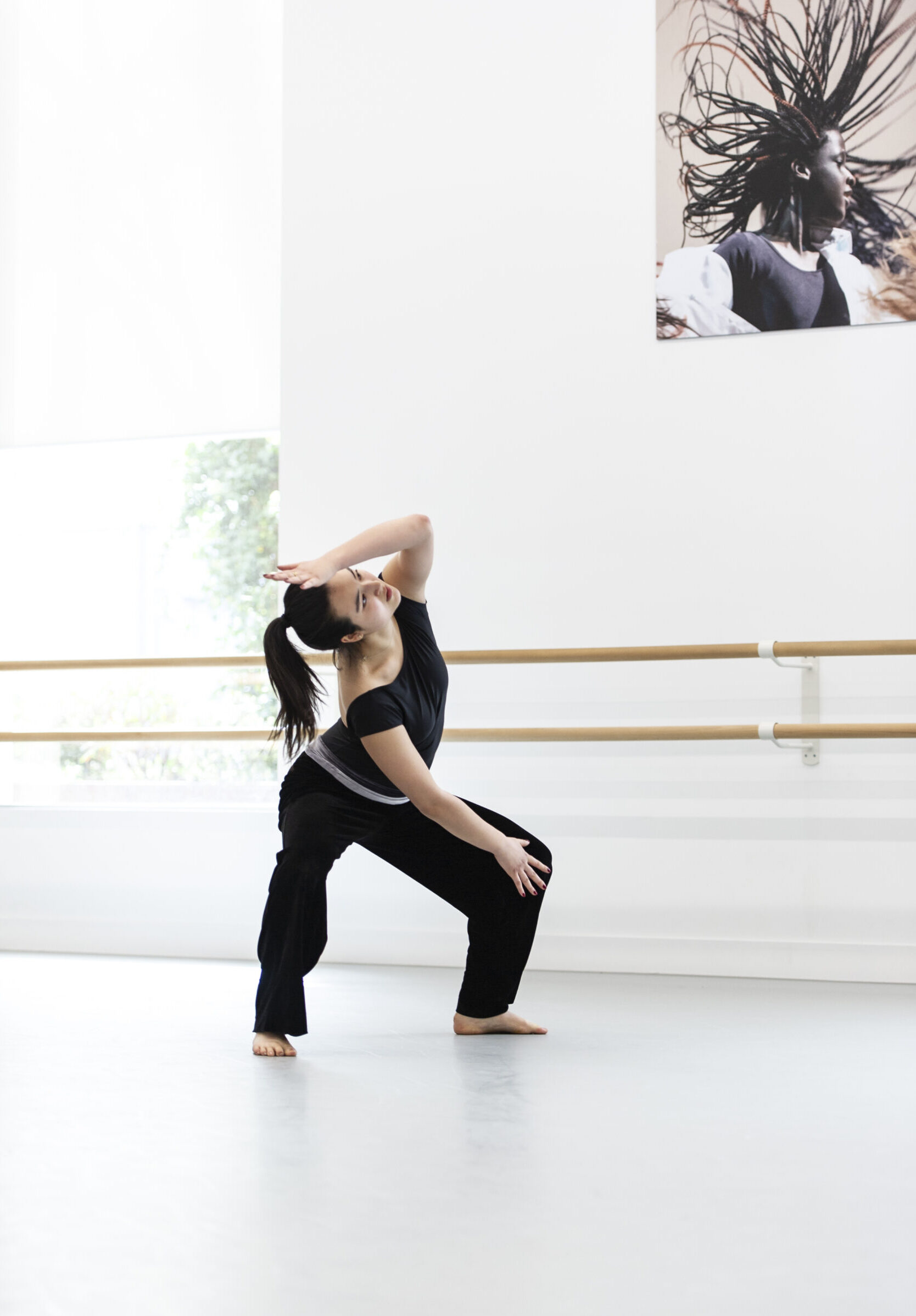
Your student experience
The programme is modular and is delivered across two semesters each year. A compulsory online Undergraduate Induction Seminar will take place for new students prior to the start of your studies in Semester 1 which will allow you to meet students and staff on the programme.
At Level 4, you will gain a broad perspective on dance education and dance studies, including an introduction to educational concepts, dance history, analysis, music and dance studies. At Level 5, you will be able to extend your knowledge of philosophical, pedagogical and professional issues in dance education, as well as developing your research and academic skills. You will choose from a range of module options which are studied alongside four compulsory modules.
At Level 6, you will complete a dissertation where you will have the opportunity to research an approved topic and be supervised in methods for researching dance and education. Alongside this, you will explore critically the philosophical considerations of the role of the arts in education, debating issues such as objectivity and subjectivity, and the mind/body dichotomy. Further modules will enable in-depth exploration of specific topics, which will connect directly with your own interests and practice in dance education.
Assessment mode
Modules are assessed through a range of assignments, including essays, case studies, open book exams, practical teaching, project plans and presentations. At degree level, you will submit a written dissertation on your area of interest.
Employment prospects
Students who have completed this programme work in a range of careers in dance teaching, both in the public and private sectors, as well as in other communities including dance for older and adult learners. Many of our students progress to postgraduate studies or have extended their freelance work into new dance contexts.
Award
Successful completion of Level 4 leads to the award of the Certificate of Higher Education: Dance Education.
Successful completion of Level 5 leads to the award of the Diploma of Higher Education: Dance Education.
Successful completion of Level 6 leads to the award of the BA (Hons) Dance Education.
Further study and career development
Graduates of the BA (Hons) Dance Education with relevant teaching experience may wish to apply for the Master of Arts in Education (Dance Teaching).
Certificate of Higher Education: Dance Education
At Level 4, you will gain a broad perspective on dance education and dance studies. You will be introduced to educational concepts which are fundamental throughout your studies, as well as gaining knowledge and understanding of dance history, analysis, music and dance studies.
Together, the Level 4 modules provide essential knowledge on dance as a subject and how it interrelates with education. You will also reflect upon your own experiences as a dancer or teacher, and make links to fundamental principles essential for effective learning and teaching to take place.
-
All modules are compulsory:
- Frameworks and Perspectives
- From Coralli to Khan: Journeys Through Dance History
- Dance Education: Concepts and Contexts
- The Dancing Body
- Music in Dance and Dance Education
Diploma of Higher Education: Dance Education
At Level 5, you will be able to extend your knowledge of philosophical, pedagogical and professional issues in dance education, as well as developing your research and academic skills. You will be able to choose from a range of module options which are studied alongside four compulsory modules.
You will have the opportunity to take a more philosophical approach to considering the nature of dance by critically exploring what is meant by the term ‘dance’ and challenging assumptions and pre-conceptions about dance and dance education. Alongside this, you will develop a practical understanding of the core principles of learning and teaching styles and how these can be applied in dance education contexts. Key educational theories, including motivation, differentiation and progression are all explored. You will engage with analytical tools required to critically analyse dance as well as undertake an exploration of the relationship between the physical and psychological dimensions of dance performance and teaching.
-
Compulsory modules:
- The Nature of Dance
- Dance Analysis
- Perspectives on Learning and Teaching
- Enhancing Performance
- Plus one module option in each Semester
-
Module options:
- Practical Teaching Placement*
- Perspectives on Music and Dance
- Dance Education and Training in Context
- Dance as a Community Practice
*Students who teach in Ballet, and have successfully passed Intermediate Ballet, can gain Eligibility for Registered Teacher Status (RTS) upon successful completion of this module.
**module options available will depend on programme scheduling and minimum student number requirements.
BA (Hons) Dance Education
At Level 6, you are required to complete two compulsory modules and choose from a range of module options. You will complete a dissertation where you will have the opportunity to research an approved topic and be supervised in methods for researching dance and education.
Alongside this, you will explore critically the philosophical considerations of the role of the arts in education, debating issues such as objectivity and subjectivity, and the mind/body dichotomy. Further modules will enable in-depth exploration of specific topics, which will connect directly with your own interests and practice in dance education.
-
Compulsory modules:
- Perspectives on Dance Education
- Dissertation
- Plus three module options across Semesters 1 and 2
-
Module options:
- Dance and Older Learners
- Optimising Performance
- Cultural Trends in Dance
- Dance in Higher Education
- Designing Dance Curricula
**module options available will depend on programme scheduling and minimum student number requirements.
Programme Specification
The detailed aims and learning outcomes of the BA (Hons) Dance Education are available in the programme specification.
Entry requirements
Three GCE A level passes or equivalent. RAD Intermediate or equivalent standard in any dance genre. Appropriate English Language Proficiency test for students whose first language is not English. For applicants who reside in countries that do not have the equivalent of A levels, the Faculty of Education offers a Foundation Module that meets the entry criteria for undergraduate access. For more details, please visit www.royalacademyofdance.org/foundation-module.
We welcome applications from a range of backgrounds who may not hold traditional academic qualifications but have equivalent experiential learning. We may be able to offer these applicants concessionary tasks to help in meeting the entry requirements.
Applicants whose first language is not English
If you are applying for a programme where an English Language Proficiency test is required, you must achieve one of the following qualifications:
Undergraduate Programmes:
-
International English Language Testing System (IELTS) academic: band 6.5 overall, with a minimum of 6.0 in each of the subtests. The IELTS test must have been taken no earlier than two years before the programme start date.
Some other school-leaving or matriculation certificates contain a compulsory examination in English and these may be taken as equivalent. If you have recently gained another English language qualification, check with the Registry to make sure that it is acceptable.
Validated by:
-
Duration
1–3 years full-time
2–6 years part-time -
Apply By
Full-time 29 Jan 2025
Part-time 30 April 2025 -
Location:
Distance learning -
Application
Full-time via UCAS**
Part-time via Registry, Faculty of Education, RAD
**Applicants looking to enter directly into Level 5 please apply via Registry.
-
Start
September 2025 -
Language
English -
Level/Credits
Level 4 Certificate (120 credits)
Level 5 Diploma (240 credits)
Level 6 Degree (360 credits)
Fees for 2025/26
The following information relates to fees for entry in Academic Year September 2025/26.
Faculty of Education graduates who go on to study for a postgraduate award delivered by the RAD or further study of an RAD award can benefit from a discount in tuition fees. Tuition fees are invoiced in instalments for each programme as appropriate.
Awards, bursaries and hardship funds
We are committed to providing support to students who wish to develop their skills and knowledge through study and we offer a limited number of awards, bursaries and hardship funds for specific purposes. The application forms and submission deadlines can be found under ‘Fees and funding’ on the RAD website.
For information on planning your budget and typical programme costs, such as dancewear, equipment, accommodation and travel, please see HE Fees.
Concessionary entry
A fee may be payable for programmes where applicants can submit a concessionary entry task. Further information on concessionary entry and associated costs can be found at How to Apply.
Distance learning - Full-time
BA (Hons) Dance Education
Diploma of Higher Education: Dance Education
Certificate of Higher Education: Dance Education
per academic year, plus £130 registration fee on enrolment. A fee of £65 is payable if the applicant is invited to interview.
Distance learning - Part-time
BA (Hons) Dance Education
Diploma of Higher Education: Dance Education
per academic year, plus £130 registration fee on enrolment. A fee of £65 is payable if the applicant is invited to interview
We are very proud of our students and graduates here at the RAD.
Read about their different student experiences and where they are now through our Student Voices.
Antonieta Földvary
-
Student
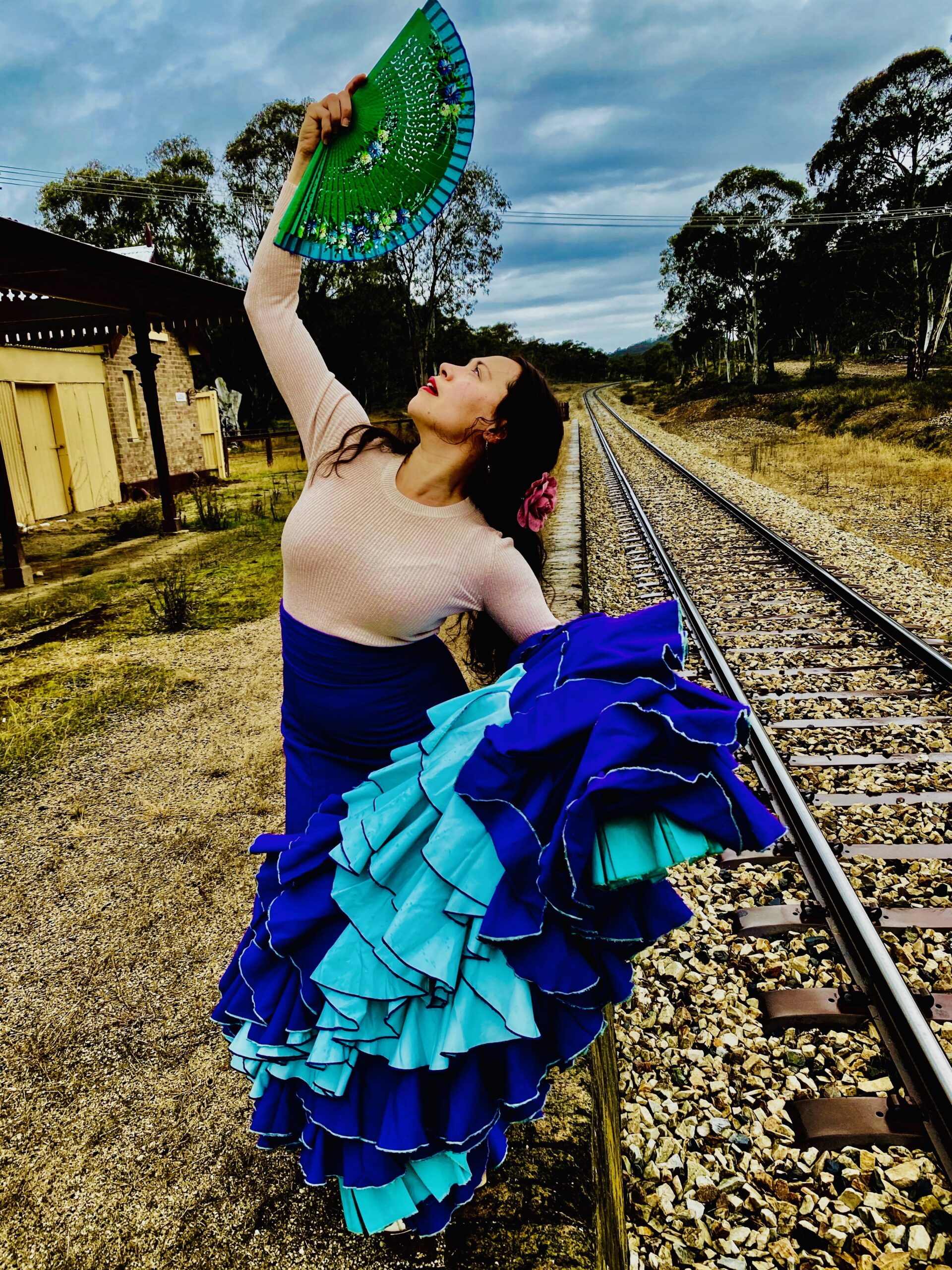
I’m studying the BA (Hons) in Dance Education to engage with upcoming trends in the performing arts industry and explore new possibilities, not only in dance education, but the dance sector as a whole. As a professional performing artist, with practical knowledge of both classical ballet and flamenco, the programme is ideal for me as it covers the whole spectrum of dance rather than only one genre.
I chose to study part-time because it gives me the freedom to combine my studies with my other daily routines. I am studying the full degree, but initially started on the Level 4 Certificate, which was a wonderful support after being out of academic education for several years. What I found surprising is that there are many students of different ages and stages of life, which is great; I have felt included in the programme, age is not a barrier at all.
I love the flexibility of the programme during the semester calendar and the option to select your favourite topic of dance research which you can link to the relevant module you are studying. The programme has helped me to channel my ideas of how to include the practical knowledge I already possess as a dancer into my teaching, as well as my own dance practice.
We have online live lectures which usually lead into an interesting point of dance discussion among peers. You are assessed through written work, such as an essay, project plan, case study or a presentation on your chosen research topic. There is lots of pastoral support available through the Level Coordinator, Study Skills Coordinator, Tutorial communication, Student Support & Wellbeing Manager and TalkCampus online. Your Level Coordinator will guide you along the whole learning journey at each level, during your studies.
My main message to prospective students would be don’t be afraid to ask questions, they are there to help you and take the courage to research topics that are relevant to you. A top tip is to set your own timetable during the week and stick to it, especially if you are studying distance learning as this will definitely help you to organise your study activities.
I would summarise my experience on the programme to date as Art Inspiration, Dance Commitment and Determination.
Mervyn Short
-
Student
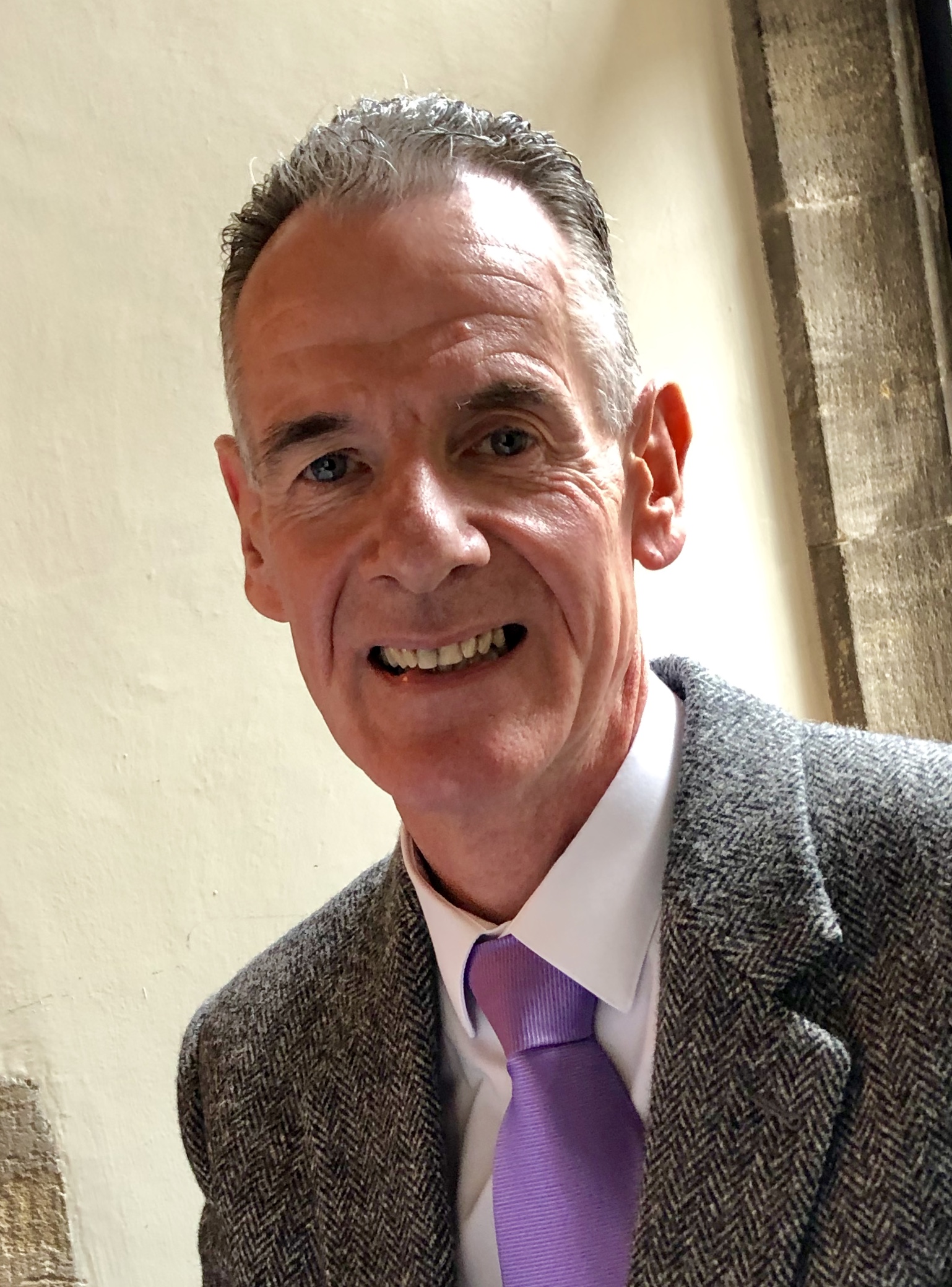
For several reasons, I never had the opportunity to study for a degree when I was younger, but it has always been something I wanted to achieve. My dance qualifications are in Highland and Scottish country dance, but I have always been passionate about Western Theatre Dance, particularly classical ballet. I was surprised but delighted to discover that the course was open to teachers of all dance genres; I applied and was accepted.
Although I am retired, I am a carer for my husband, who has Parkinson’s disease, so I decided to study part-time. The degree course is divided into three levels. Each semester, part-time students study one 30 or two 15 credit modules consisting of ten or five units. The modules are tutored by academics who have usually danced professionally, and they lead tutorials and give formative feedback for study tasks set at the end of each unit. A summative assessment completes a module; this could be a case study, an essay, a presentation, or a project plan.
Having not studied for over forty years, it took a while to adjust to being a student and writing at an academic level takes time to perfect, but it gets easier. I am coming to the end of my third year, and I cannot believe how quickly time has passed. I am enjoying the course immensely and have found that the modules have expanded my knowledge and introduced me to subjects such as philosophy. The programme is open to students from all dance genres, ensuring it is inclusive.
My domestic arrangements now limit the amount of teaching I can do; however, as the course is virtual and I do not have to leave home, it has given me something new to focus on. Furthermore, I am a great believer that one never stops learning; even though I have taught for many years, I have learnt a great deal from the course, aspects of which I have implemented in my classes.
Providing you have the time to study and a passion for teaching dance, I would strongly recommend this programme. As a very mature student, I wondered how I would be accepted, but I have found that all the staff are helpful, friendly, and genuinely interested in all students.
Sophie Briffa
-
Graduate
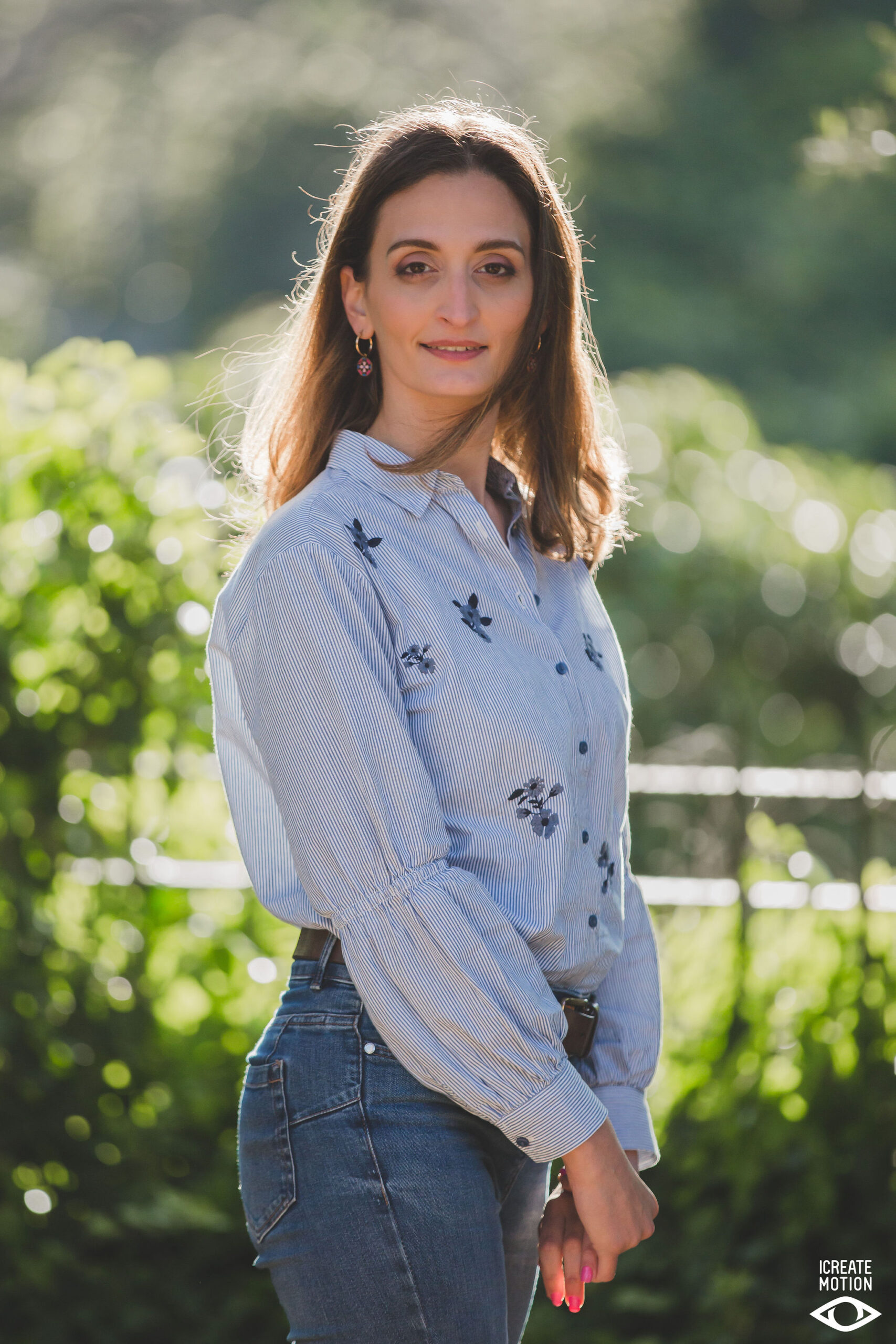
Having initially graduated from the Certificate in Ballet Teaching Studies and started teaching, my drive and desire to learn more and continue refining my practice made me consider furthering my studies in dance education, so I enrolled on the BA Dance Education programme.
The part-time distance learning structure provided me with the flexibility to continue pursuing my dance studies, whilst simultaneously continuing my postgraduate studies in science and furthering my scientific career. The greatest benefit of the programme was offering me valuable knowledge and skills to advance my teaching career. My greatest challenge has been the self-discipline required to wake up early to study before the start of my day! Yet, I loved immersing myself in the new modules and learning more about dance and teaching, supported by the inspiring and expert faculty at the University of Bath and RAD.
As a result of the course, I have been able to apply the insights on different aspects of dance and dance education in practice at the dance school that I run in Hagley. The BA has also helped to develop my pedagogical approach more broadly, as I apply the transferable skills in my profession as a university lecturer. In the future, I hope to find the time to return to studying and read for a Masters in Dance Science, as the BA has shown me that I can merge my two passions of dance and science together.
My message to prospective students would be to be organised and plan to block out time daily to keep up with the reading. Embrace new material and challenges, and know that, despite distance learning, there is a BADE community of students out there learning with you!
Eugénia Lewis
-
Student

I have been a registered teacher with the RAD since 2011 and work full-time as a languages, history and dance high school teacher. I’m studying the BA (Hons) Dance Education as my ballet teaching qualifications are not formally recognised by my employer (NSW Department of Education) for teaching dance. I started at Level 5 on the programme as I received recognition of prior learning for my Certificate in Ballet Teaching Studies and I will complete the full degree as I am interested in doing my masters in the future.
I am studying part-time and fit this around full-time work and parenting, usually whenever I have a spare minute or when baby is sleeping for example is also a good time. Time zones don’t really affect my study as all live tutorials are always recorded so I am able to watch them back in my own time, and when I need to complete a live zoom tutorial I just book it in at a time that suits me.
I love being able to study something I am extremely passionate about in my own time and at my own pace. I mainly teach ballet, however, I teach dance at high school which also encompasses dance through the lens of dance as an art form through the interrelated studies of performance, composition and appreciation with a strong focus on contemporary dance technique. I also have a strong interest in National Character, which is the genre of dance I first started teaching at the age of 16.
My main message would be, it is the most flexible and accessible study programme with the highest level of support from all staff. I have found the level of wellbeing support to be absolutely incredible as this is something I never experienced when studying my previous degrees in Australia. I have continued my studies while working full-time, planning my wedding and getting married, dealing with grief of bereavement, pregnancy and childbirth, postpartum recovery, navigating motherhood and enjoying maternity leave. If I can continue my studies and thrive and succeed through the adversity than so can you!
My experience in three key words would be: enjoyable, successful, proud because I am thoroughly enjoying my studies, I am proud of what I have achieved so far and it has enabled me to experience high levels of success.
Melissa Bennett
-
Graduate
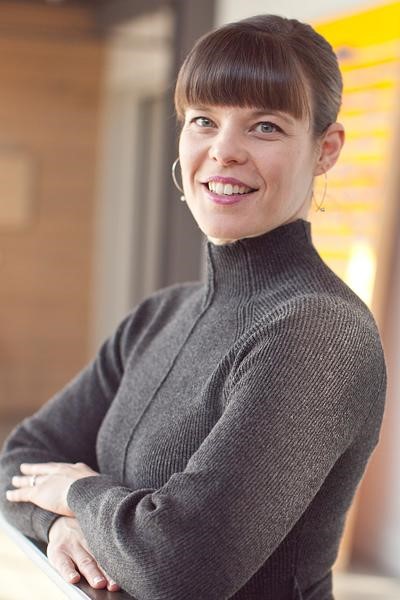
When I moved from Canada to the USA I discovered the dance culture here recognized a Bachelor’s degree more readily than the Cecchetti ballet teaching credentials I held. The hunt for a degree in dance teaching began! Thankfully, I found the BA in Dance Education offered by the Royal Academy of Dance. It valued my dance teaching credentials and experience and was accessible to me in my rural location through its online format, making it the perfect fit.
It had been many years since my last academic studies and the higher education experience was completely new to me. However, the module tutors provided an outstanding range of feedback on assignments. From helping me find a better flow in my papers to the details of citing, their guidance allowed me to not only learn the content, but to also communicate it in a way that raised my achievement. The most unexpected learning outcome of the programme for me was discovering that I love research, both reading it and creating it. My studies revealed an entire facet of dance to me that I now thoroughly enjoy!
The programme also offered a flexibility to infuse issues relevant to my interests into the assignments. I loved this aspect as it allowed me to take a closer look at my true-life experiences and apply what I was learning to expand the sensitivity and effectiveness of my teaching. It has also inspired further study into the holistic well-being of dancers through a Pilates certification and acceptance into a MA Clinical Mental Health Counsellor programme with a major in Expressive Arts Therapy. I am incredibly grateful to the RAD and BADE faculty and staff for valuing my past, being relevant to my present, and for inspiring my future through this truly unique programme.